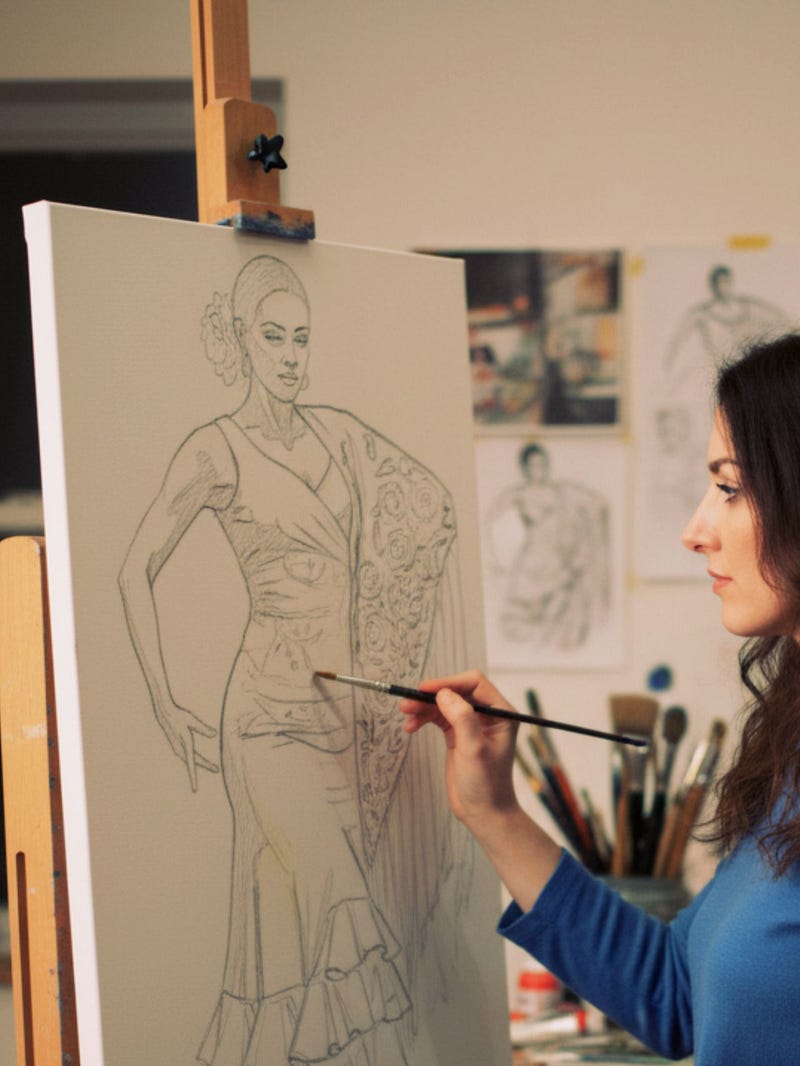Where Do Hobbies and Interests Really Come From? The Psychology Behind What You Love
Where Do Hobbies and Interests Really Come From? The Psychology Behind What You Love
Your favorite hobbies are not accidents. They are hidden messages from your past, your personality, and even your biology. Let us uncover why you are drawn to the things you love

Have you ever wondered why some people fall in love with painting while others get obsessed with chess, gardening, or fixing cars? Why do some of us find peace in reading while others crave the rush of extreme sports?
It is not random. Your hobbies and interests are windows into who you are, where you have been, and even where you are going.
“The things you love to do are not hobbies. They are echoes of your soul trying to remind you who you are.”
— Dr. Pamela Ramirez, PsyD
The Origins of Your Interests
Psychologists have long studied why people pick up hobbies. The roots often trace back to three powerful forces:
- Childhood exposure: The activities you were introduced to as a child often plant seeds that grow into lifelong passions.
- Personality traits: Extroverts lean toward social hobbies, while introverts often prefer solitary or creative ones.
- Biology and brain chemistry: Some interests are linked to dopamine responses. The thrill-seekers chase adrenaline, while the reflective minds chase patterns and ideas.
“Every hobby you choose is a breadcrumb leading you back to your authentic self.” — Dr. Pamela Ramirez, PsyD
Why We Gravitate to Certain Activities
If you love painting, maybe it is not just about colors. It might be about expressing words that cannot be captured. If you love sports, maybe it is not just about competition but about connection. If you love music, perhaps it is about soothing parts of you that words will never reach.
Hobbies are never surface-level. They mirror our deepest needs.
- A writer often craves clarity.
- A gardener often craves peace.
- A dancer often craves freedom.
- A gamer often craves mastery and control.
“What you love is your mind whispering its needs in a language only you can translate.”
— Dr. Pamela Ramirez, PsyD
The Psychological Benefits of Hobbies
Beyond enjoyment, hobbies are survival tools for mental health. Research shows that engaging in personal interests reduces stress, boosts mood, and even improves problem-solving.
- Stress relief: Hobbies distract your brain from stress loops.
- Identity building: They remind you of who you are outside work and obligations.
- Resilience: Having a personal interest strengthens emotional recovery after setbacks.
“Your hobby is not a luxury. It is medicine you did not know you were prescribing yourself.”
— Dr. Pamela Ramirez, PsyD
When Hobbies Shape Careers and Success
Many careers are born from what started as simple hobbies. A kid who doodled became a designer. Someone obsessed with puzzles became a software engineer. A person who loved taking photos for fun became a professional photographer.
This is not a coincidence. Hobbies often reveal your natural skill set. They show where your passion meets persistence.
“Sometimes the thing you do in your free time is the clue to the life you were meant to live full time.”
— Dr. Pamela Ramirez, PsyD
Yes. As your life evolves, so do your interests. Stress, environment, and age can all reshape what excites you. The video games you loved at fifteen may give way to meditation at thirty. The thrill of parties may soften into the quiet of gardening.
This is not a loss. It is growth. Your evolving hobbies reflect your evolving needs.
“When your interests change, it does not mean you are losing yourself. It means you are finding the new chapters of who you are becoming.” — Dr. Pamela Ramirez, PsyD
Illumination
Your hobbies and interests are not random side activities. They are mirrors of your history, your personality, and your future potential. The things you love to do are not distractions from life. They are life speaking back to you.
So the real question is not, “What hobbies should I pick up?” The real question is, “Am I listening to what my interests are trying to tell me?”
What is one thing you wish you had learned sooner about your own hobbies and passions?
About The Author:

Dr. Pamela Ramirez, PsyD, also known as QueenNoble, is a psychologist, writer, author, and an established artist since the ’90s. She writes to help others thrive mentally, emotionally, and financially. She has written several books, including Don’t Starve, The Signs She Left, The Eyes Behind Her, How to Sell Your Art Without A Gallery, Menka, Live Minimal, Quarantine, and more.
